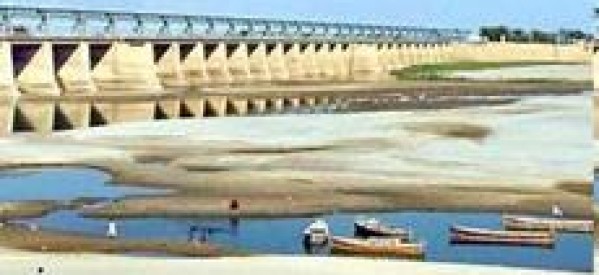India-Pakistan dispute on Kishenganga hydro project; India’s right upheld to divert water

An international court of arbitration on the India-Pakistan dispute on Kishenganga hydro project has announced that of India’s right upheld to divert water for the power plant, but said New Delhi is bound to maintain a minimum flow of water to protect the agricultural interests of Pakistan.
Pakistan has claimed that the 330 mw project in Jammu and Kashmir would rob it of 15 per cent of its share of river waters. It also accused India of trying to divert the river in order to harm Pakistan’s Neelum-Jhelum hydro-electric project.
Back on May 17, 2010, Pakistan had moved for arbitration against India under the provisions of the Indus Waters Treaty 1960. In its ‘partial award’ announced Monday, the International Court of Arbitration at The Hague said the Kishenganga hydro-electric project (KHEP) constitutes a “run-of-river” plant under the Treaty, and India may accordingly divert water from the Kishenganga/Neelum river for power generation by the project.
It, however, pointed that while operating KHEP, India is under an obligation to maintain a minimum flow of water in the Kishenganga/Neelum river. It said rate of minimum flow will be determined by the court in a ‘final award’ to be issued by year end after the two countries provide it with fresh hydrological data.
The court also said that except in the case of an unforeseen emergency, the Treaty does not permit India reduction of water level in the reservoirs below ‘dead storage level’ located on the rivers allocated to Pakistan under the Treaty.
The award does not appear to be heavily tilted to any side with the seven-member court in its unanimous judgement giving favourable verdict on a variety of issues for both the countries.
As defined in the Treaty, “dead storage” is that portion of storage which is not used for operational purposes. The Court of Arbitration said the partial award is “final” with respect to the matters decided by it. The award is binding on the two countries.
It clarified that the ruling does not apply to plants already in operation or under construction, whose designs have been communicated by India and not objected to by Pakistan. The award is regarding the legality of construction and operation of the hydro-electric project by India and the permissibility under the treaty of the depletion of the reservoirs of certain Indian hydro-electric plants below “dead storage level”.






